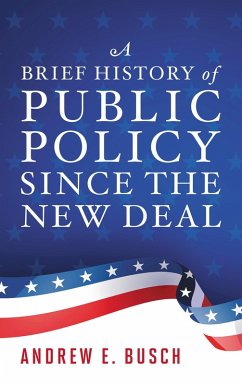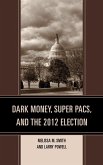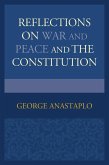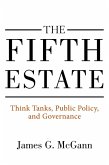A Brief History of Public Policy Since the New Deal traces the development of national domestic policy from the Great Depression through the early Trump years. A chronological look that illuminates the cumulative effects of policy change, the book also focuses on themes such as the interplay of ideas, events, politics, and people; models such as incrementalism, multiple streams, and punctuated equilibrium; the importance of foreign policy issues to the development of domestic policy; and features including the importance of problem definition and the "law of unanticipated consequences." Following the narrative, each chapter includes a summary of seven key policy areas: economic policy, social welfare, civil rights, environmental and education policy, moral/cultural issues, and federalism. The material is organized by eras identified by presidencies and by whether the era represented a burst of policymaking, made possible because key inputs of ideas, events, politics, and people aligned for change, or a rough equilibrium. Although presidencies are used to define eras, the role of all the institutions are given their due.
Bitte wählen Sie Ihr Anliegen aus.
Rechnungen
Retourenschein anfordern
Bestellstatus
Storno









